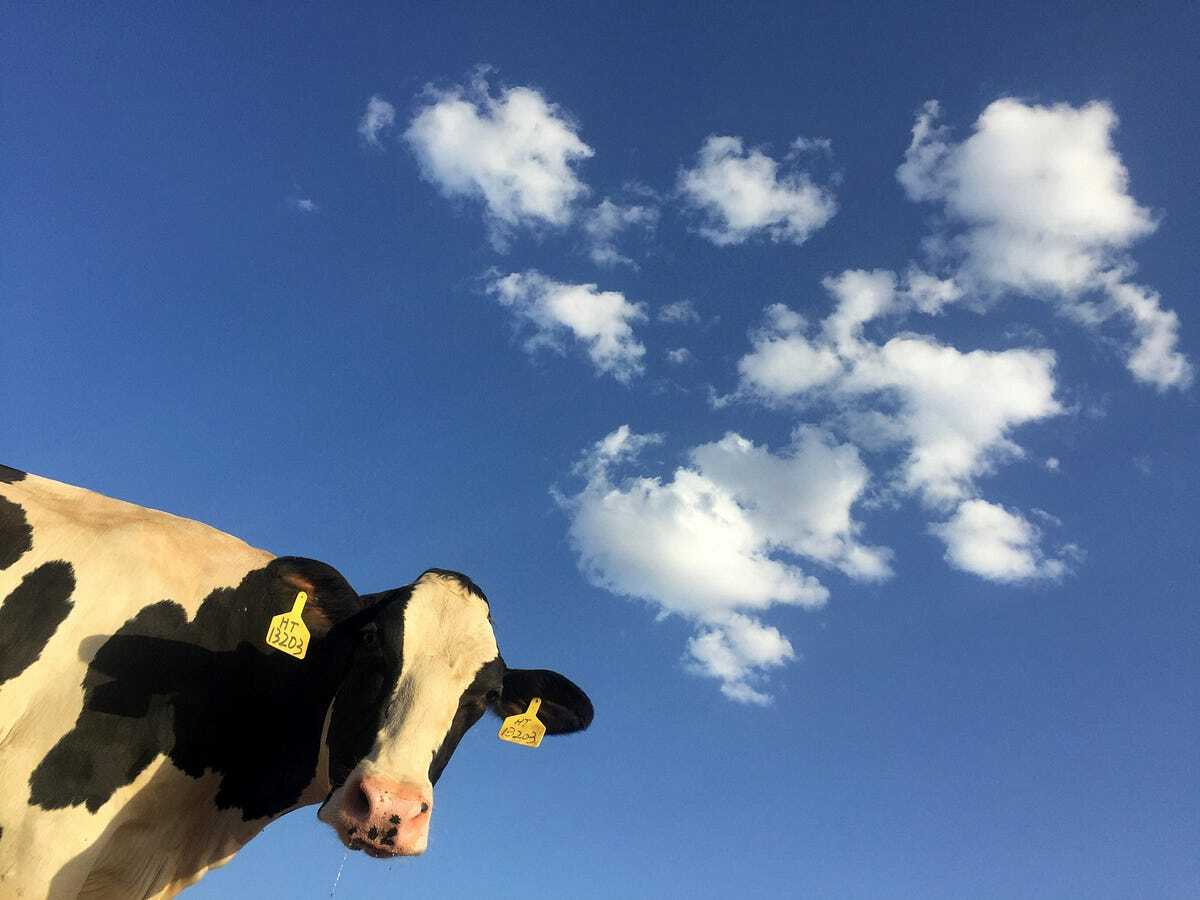The United States federal government allocates a staggering $38 billion annually to prop up the meat and dairy industries. These subsidies significantly reduce the price of meat products, including hamburgers. Research from 2015 reveals that these subsidies slash the price of a pound of hamburger meat from $30 to the $5 we see today
I oppose beef subsidies, but the unsubsidized price seems entirely fabricated. How can $38 billion across 80 billion pounds of meat and 25 billion gallons of milk make hamburger $25 cheaper per pound?
Farm subsidies are a thing in general. Is there a comparison to subsidies for crops? Not vegan but I support cutting beef & dairy subsidies for sure.
You don’t want to even start to look into subsidies for things like grain and corn. The subsidies for those are higher than the beef and dairy industry.
True, but they also subsidize the beef and dairy industry. Cattle are fed not only the grain, but the stalks. Feed use … typically accounts for about 40 percent of total domestic corn use.
So the cattle subsidies you see quoted for beef and dairy are usually an underestimate.
But those don’t kill us and our planet
Do you know how much nitrogen fertilizer corn needs? It is one of the heaviest users of petrochemical fertilizer.
Zero.
The natives that cultivated corn never used petrochemicals. They planted beans with the corn, which provides all the nitrogen needed.
Yes planting the three sisters is a great way to farm in the arid west. It also requires the crops to be hand planted, weeded and harvested. There is no way that this could be done on a large enough scale to feed the current population or even the population 50 years ago.
There is a reason monocroping and petrochemical fertilizer exists. It is the most harmful form of farming, but is also the one way that enough food can be grown.
I dislike the current farming system, but to go back 100+ years to a time. When the only way to have the labor needed to farm was sharecropping or worse doesn’t seem like a solution to me.
The reason it exists is because less people contribute to the growing process.
Its entirely false to think that we cannot feed our existing population without mechanized monocropping. We just need every able bodied person to contribute a few weeks out of the year to the fields. It is a shift, bit its not asking much.
Stop spreading misinformation. We don’t need oil. We van easily feed everyone with sustainable methods. What we can’t do is keep burning fossil fuels.
Hamburger meat 😂 Why would they not call it ground beef?
Or rotting, ground-up flesh from many cattle.
Don’t be a dick
Right, why is that not the case in other countries? If this were true, most of the world would be vegetarian
Most of the world does indeed eats little to no meat, especially red meat. In the EU, these kind of subsidies also exist.




